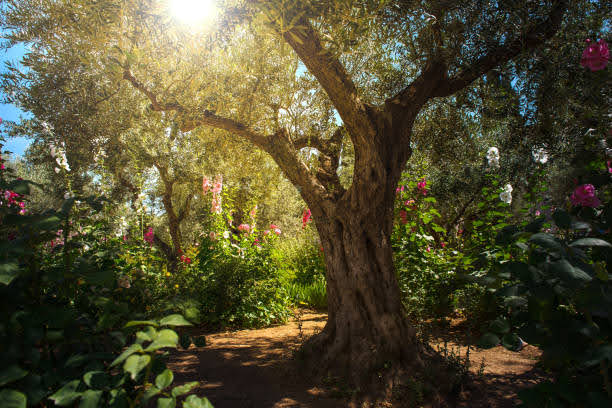By Cynthia Scott

In the Book of Genesis in the Hebrew Bible, our Old Testament, God gives mankind dominion over all the living things on earth and in the seas. It doesn’t matter how you feel about the stories in Genesis, whether they are the Word of God or the written version of the stories passed down for centuries around the campfires of the Hebrew people. What we can all agree on is that humans have unique gifts of conscious awareness and understanding, the ability to predict and plan what our actions will cause, and to make choices about what actions to choose.
With these gifts God also gave us the responsibility to make good choices which would conserve and benefit the natural world. Well…we have not fulfilled those responsibilities very well.
Ideally, we would all inform ourselves about the state and needs of the earth by thinking globally. Then we should realistically put that information to use in our choices and actions locally. That is all individual humans can do. Take care, that is conserve, the small part of God’s world where you live.
Every April we celebrate Earth Day, the one day of the year set aside to remind us of our responsibility for the earth. But we need to be keenly conscious of this responsibility every day.
A few years ago, our congregation took part in a Mission Study to discern the things that we value and what we want for our church. Among the things we learned is that most of the members of the congregation of our church have a strong sense of Stewardship for God’s Creation, and that many of us are personally deeply involved in local and national environmental organizations. So, I feel encouraged to ask three things of you, two which will make the natural world a little bit healthier, and one which is guaranteed to bring each of you closer to God.
First, think globally but act locally. Learn about, support, and take part in some of the many local events which benefit our special little part of the world. Right now we cannot go out to many special events, but there are so many things you can read about and participate in through publications and the internet…warming ocean, change in flora and fauna, pollution of rivers and stream, etc.
Second, apply all the things you already know about and probably already do to some extent. “Reduce, Reuse and Recycle” is the old catch phrase for applying conservation at home, along with “Don’t Pollute.” Simplicity is a healthy way of living. It is our God-given responsibility to take care of the earth and protect its fragile resources.
What is the core of belief in God, what does it consist of? Theology is the study of religious belief and it can help understanding how to get closer to God. No one can make you believe in God; no amount of study can give it to you. This kind of belief is knowledge that comes through your feelings – in one word – Faith.
The early Celtic Christians understood this. The pre-Christian Celts in England and Ireland, and other peoples elsewhere in the world, believed that there are places on the earth where the veil is very thin between the natural and super-natural worlds. And as they became Christians, this belief helped them understand and experience how God could touch them personally.
I believe that we live in a place redolent with those thin veils where God is so close.
Therefore, the third thing I ask of you is to become aware of those thin places that bring us very close to God. Walk on the beach or the headlands…watch and listen. Stand among tall redwoods…watch the light filtering through the trees. Watch a sliver of brilliant sunset turn the ocean to silver. Watch a spider create geometrical lace between branches. Watch and listen to a hummingbird zip between flowers and then pause in midair and watch you! What you are feeling is God reaching through the veil to touch you.
Walk gently on the earth and do what you can for God’s creations. You will be helping create God’s Kingdom on Earth, and you will receive the gift of God’s blessing.